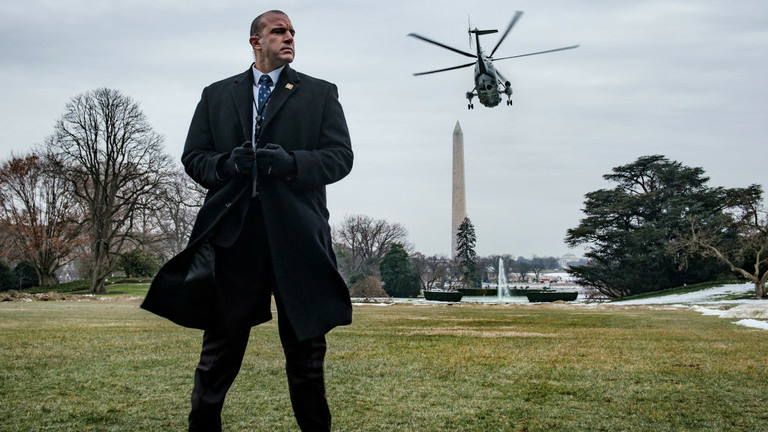NEW JERSEY: Forbes magazine disclosed that using a 233-year-old law, the US government ordered two major global travel companies to track a Russian national so he could be arrested and extradited,. The outlet sued to obtain the court records, aided by privacy advocates who have criticized such warrants as secretive and open to abuse.
The magazine also revealed that Aleksey Burkov, the alleged hacker at the heart of the affair, was sent back to Russia in 2021 under circumstances the US government has yet to fully explain.
A November 2015 court order told the US-based Sabre and UK-based Travelport to provide “complete and contemporaneous real-time account activity” of Burkov’s travel for two years, and give weekly reports to the US Secret Service, Forbes reported. This was “significantly longer” in duration than a previous order issued to Sabre, telling the company to track another alleged hacker for a period of six months – which Forbes also dug up in 2020. The court also banned the two companies from disclosing the order without prior permission.
Sabre and Travelport are major players in the business of collecting and storing information about international tourists. Along with the Spanish-based Amadeus, they dominate the global distribution system (GDS) industry in the West, coordinating bookings between airlines, hotels, car rental companies and cruise lines.
The US Justice Department declined to comment or provide further details to Forbes. Court filings do not show that either Sabre or Travelport fought the orders.
“Too much about these types of warrants is hidden from the public,” Forbes quoted Jennifer Granick, a surveillance and cybersecurity counsel at the American Civil Liberties Union (ACLU). She called the collection of information about future travel “particularly invasive and susceptible to abuse.”
“The police are capitalizing on private data collection to obtain revolutionary surveillance powers that are essentially unapproved…





